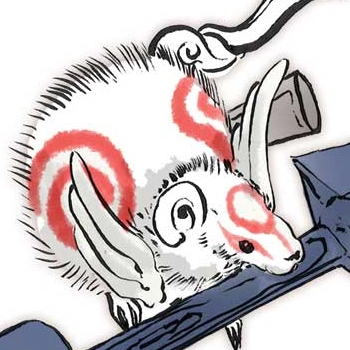I could be wrong here, but it seems to me that a common aspect amongst all languages is the tendency to raise the pitch of your voice slightly when asking a question. Especially at the end of a question sentence.
If I’m wrong about this raised pitch being common amongst all languages, at the very least do all languages change their tone slightly to indicate that a question is being asked?
I guess there needs to be some way to indicate what is and isn’t a question. Perhaps a higher pitched voice reflects uncertainty. Is this something deep rooted in humans, or just an arbitrary choice when language developed?


So the pets recognize it and respond.
Russian does, because the rising intonation is the only thing that differentiates a statement from a question in many cases. Eg “You a good driver.” Vs “You a good driver?” Both are grammatically correct, and only the intonation makes it a question.
Vietnamese doesn’t really rise at the end of the question unless that’s the way the last word is anyway. Some questions end with a low sound. Some questions are evident by a small word cluster (sounds like “Fai La”) after the subject but before the object that basically mean “this is a question and not a statement.” Or “I’m asking not telling”